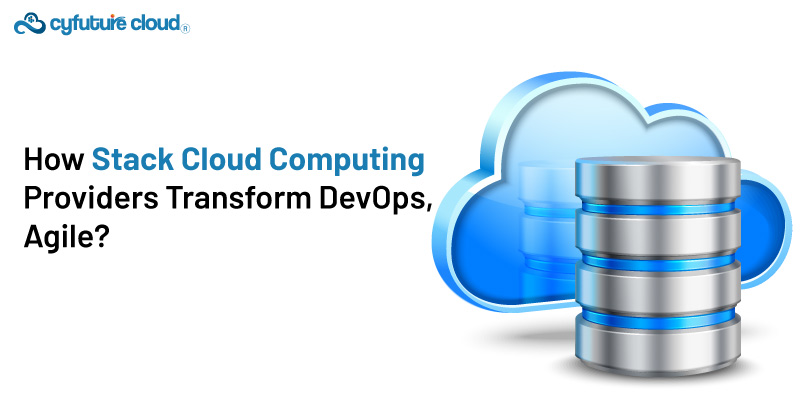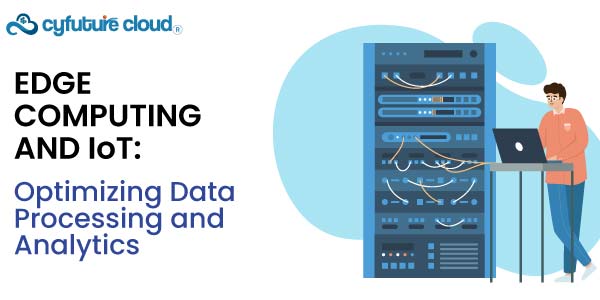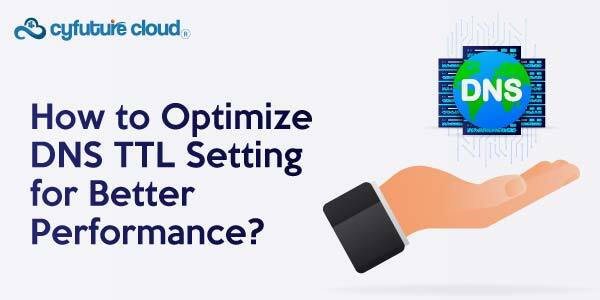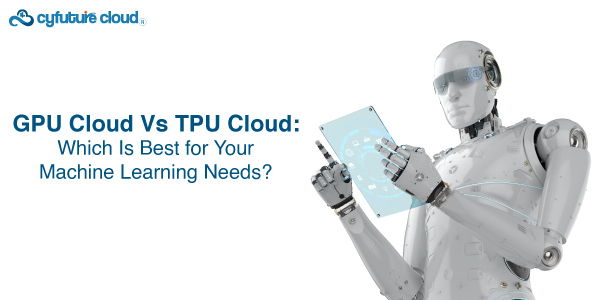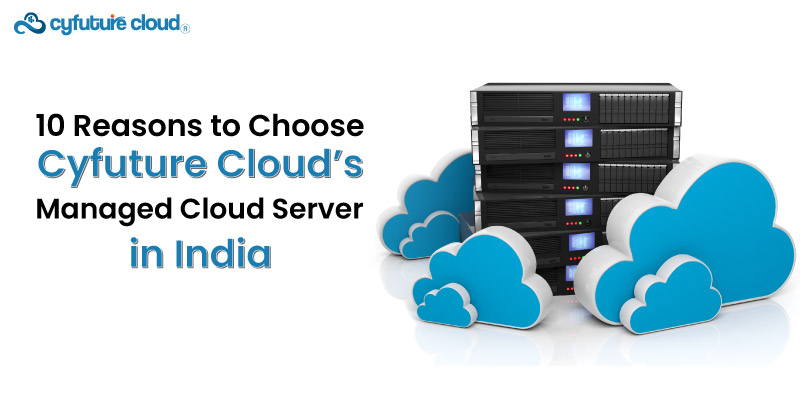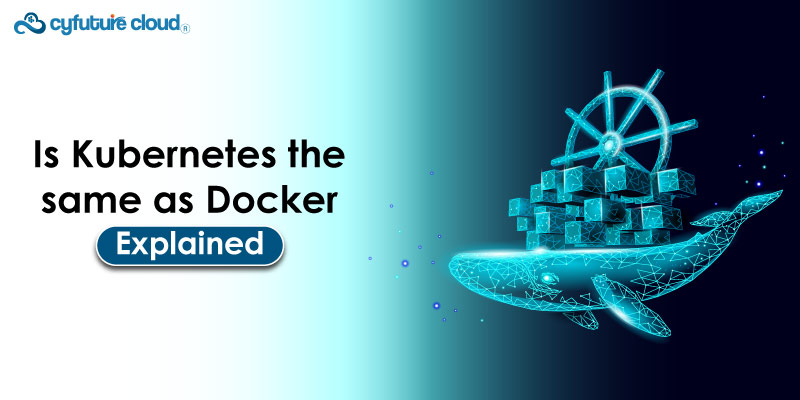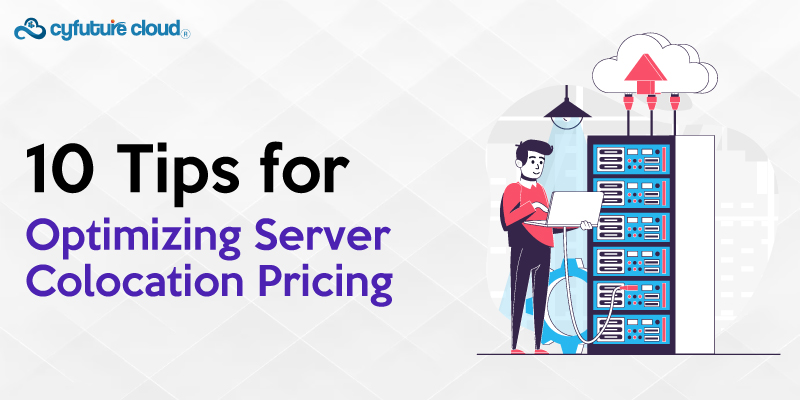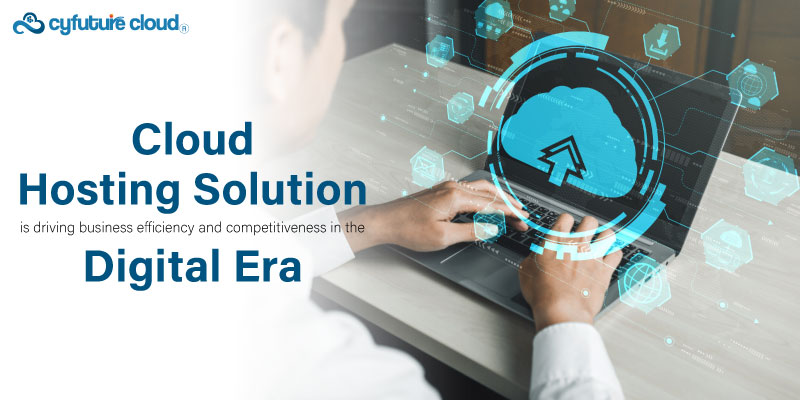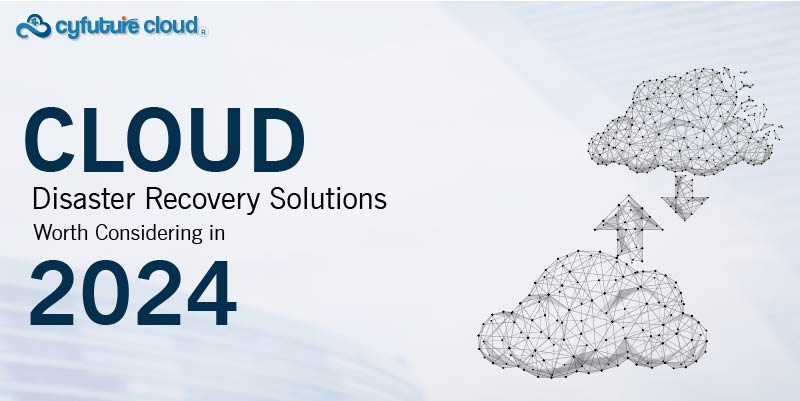Table of Contents
In today’s rapidly evolving technological landscape, the integration of supercloud and AI technology has become a significant area of interest for researchers and businesses alike. Supercloud refers to the ability to combine cloud computing and data centers to provide faster processing speeds and greater storage capacity. On the other hand, AI technology involves the development of intelligent systems that can analyze data, learn from it, and make decisions.
The integration of these two technologies has the potential to revolutionize the way we interact with the digital world. With supercloud, AI algorithms can process data more efficiently, leading to better predictions and more accurate decision-making. This could have a significant impact on various industries, including healthcare, finance, and transportation.
According to a report by IDC, global spending on AI is expected to reach $110 billion by 2024, with a compound annual growth rate (CAGR) of 20.1%. Additionally, the global cloud computing market is expected to reach $832.1 billion by 2025, with a CAGR of 17.9%. These figures highlight the growing importance of these technologies and their potential impact on the global economy.
In this blog post, we will explore the integration of supercloud and AI technology, its potential benefits and drawbacks, and its impact on various industries. We will also discuss some of the challenges associated with this integration and explore possible solutions. If you are interested in learning more about this exciting topic, keep reading!
The Benefits of Integrating Supercloud and AI Technology
The integration of supercloud and AI technology offers numerous benefits to businesses and organizations. In this section, we will explore some of the most significant advantages of this integration.
Infographics:
Benefits of Integrating Supercloud & AI Technology
- Improved Processing Speeds and Performance
- Enhanced Data Processing Capabilities
- Improved Efficiency and Cost Savings
- Increased Accessibility and Scalability
Improved Processing Speeds and Performance
One of the most significant advantages of integrating supercloud and AI technology is improved processing speeds and performance. Supercloud technology provides faster processing speeds and greater storage capacity, enabling AI algorithms to process vast amounts of data quickly and efficiently.
According to a report by McKinsey, AI-driven applications can be up to 20 times faster than traditional systems, thanks to the use of supercloud technology. This can have a significant impact on various industries, such as healthcare, where faster processing speeds can help doctors make more accurate diagnoses and provide better patient care.
Enhanced Data Processing Capabilities
The integration of supercloud and AI technology also enhances data processing capabilities. AI algorithms require large amounts of data to learn and improve their accuracy. With supercloud technology, businesses can store and process vast amounts of data, enabling AI algorithms to learn and improve more quickly.
According to a report by Statista, the global big data market is expected to reach $103 billion by 2027, indicating the growing importance of data processing capabilities. With the integration of supercloud and AI technology, businesses can leverage this data to gain insights and make better-informed decisions.
Improved Efficiency and Cost Savings
Another significant benefit of integrating supercloud and AI technology is improved efficiency and cost savings. AI algorithms can automate various processes, reducing the need for human intervention and improving overall efficiency. Additionally, supercloud technology can reduce infrastructure costs by eliminating the need for on-premises hardware.
According to a report by Deloitte, businesses that implement AI technology can reduce operational costs by up to 30%. Additionally, the same report estimates that businesses can save up to $1 trillion in logistics and supply chain management costs by using AI algorithms to optimize processes.
Increased Accessibility and Scalability
The integration of supercloud and AI technology also increases accessibility and scalability. With supercloud technology, businesses can store and process vast amounts of data, making it more accessible to employees and stakeholders. Additionally, supercloud technology enables businesses to scale their operations quickly and efficiently.
According to a report by MarketsandMarkets, the global cloud storage market is expected to reach $88.9 billion by 2022, indicating the growing demand for cloud-based solutions. The integration of supercloud and AI technology can help businesses meet this demand by providing scalable and accessible solutions.
In summary, the integration of supercloud and AI technology offers numerous benefits to businesses and organizations. These benefits include improved processing speeds, enhanced data processing capabilities, improved efficiency and cost savings, and increased accessibility and scalability. These advantages highlight the potential of this integration to transform various industries and provide significant value to businesses.
Applications of Supercloud and AI Technology Integration
The integration of supercloud and AI technology has the potential to revolutionize various industries. In this section, we will explore some of the most promising applications of this integration.
Scientific Research
Supercloud and AI technology integration has significant potential in scientific research. With the ability to process vast amounts of data quickly, scientists can analyze complex data sets and develop new insights. Additionally, AI algorithms can assist in the design and testing of new experiments and models.
For example, researchers at MIT have used AI algorithms to predict the properties of new materials, potentially accelerating the development of new technologies. Similarly, scientists at Stanford University have used AI algorithms to analyze brain scans, leading to new insights into brain function and disease.
Healthcare
Supercloud and AI technology integration has numerous applications in healthcare. AI algorithms can analyze vast amounts of medical data, leading to more accurate diagnoses and better patient care. Additionally, AI algorithms can assist in the development of new drugs and treatments.
According to a report by Accenture, the use of AI in healthcare could potentially save up to $150 billion by 2026. Additionally, the same report estimates that AI algorithms could improve health outcomes by up to 30%.
Finance
Supercloud and AI technology integration has significant potential in the finance industry. AI algorithms can analyze vast amounts of financial data, leading to more accurate predictions and better-informed investment decisions. Additionally, AI algorithms can assist in the development of new financial products and services.
According to a report by Deloitte, AI-powered financial services could save up to $1 trillion in infrastructure costs by 2030. Additionally, the same report estimates that AI algorithms could increase revenue in the financial services industry by up to 34%.
Manufacturing
Supercloud and AI technology integration has numerous applications in manufacturing. AI algorithms can optimize production processes, leading to increased efficiency and cost savings. Additionally, AI algorithms can assist in the design and testing of new products.
According to a report by PwC, the use of AI in manufacturing could potentially increase productivity by up to 30%. Additionally, the same report estimates that AI algorithms could save up to $390 billion in manufacturing costs by 2025.
Transportation
Supercloud and AI technology integration has significant potential in the transportation industry. AI algorithms can assist in the development of self-driving vehicles, leading to increased safety and reduced traffic congestion. Additionally, AI algorithms can optimize logistics and supply chain management.
According to a report by McKinsey, the use of autonomous vehicles could potentially save up to $1.3 trillion in annual accident costs by 2050. Additionally, the same report estimates that AI algorithms could reduce logistics costs by up to 20%.
Education
Supercloud and AI technology integration also has applications in education. AI algorithms can personalize learning experiences for students, leading to improved learning outcomes. Additionally, AI algorithms can assist in the development of new educational materials and curricula.
According to a report by EdTechXGlobal, the global edtech market is expected to reach $252 billion by 2020. The integration of supercloud and AI technology can help drive this growth by providing personalized and adaptive learning experiences for students.
Future Developments and Trends
The integration of supercloud and AI technology is still in its early stages, but its potential impact on society and industry is enormous. In this section, we will explore some of the future developments and trends in this exciting field.
Increased Adoption of Supercloud and AI Technology Integration
As the benefits of supercloud and AI technology integration become more apparent, we can expect to see increased adoption across various industries. According to a report by MarketsandMarkets, the global AI market is expected to reach $309.6 billion by 2026, growing at a CAGR of 39.7% from 2021 to 2026. Additionally, the same report estimates that the global supercomputing market is expected to reach $37.4 billion by 2025.
Continued Advancements in AI and Supercloud Technology
As technology continues to evolve, we can expect to see continued advancements in both AI and supercloud technology. For example, the development of quantum computing could lead to even faster and more powerful AI algorithms. Additionally, advancements in cloud technology could lead to even more powerful and flexible supercomputers.
Impact on Society and the Future of Work
The integration of supercloud and AI technology will undoubtedly have a significant impact on society and the future of work. While the potential benefits are enormous, there are also concerns about job displacement and the potential misuse of AI.
According to a report by McKinsey, up to 375 million workers worldwide may need to switch occupations or acquire new skills by 2030 due to automation and AI. However, the same report also notes that the integration of AI could lead to the creation of new jobs and industries.
Conclusion
The integration of supercloud and AI technology has the potential to revolutionize various industries and transform the way we live and work. With improved processing speeds, enhanced data processing capabilities, increased efficiency and cost savings, and greater accessibility and scalability, the benefits of this integration are undeniable.
As we have seen, this integration has already started to make significant contributions in scientific research, healthcare, finance, manufacturing, transportation, and education. As technology continues to evolve, we can expect to see even more exciting applications and developments in the future.
However, there are also challenges and concerns that come with this integration, such as the potential for job displacement and misuse of AI. It is essential to address these challenges proactively and ensure that the benefits of supercloud and AI technology are accessible to everyone.
As a society, we need to continue exploring and investing in the integration of supercloud and AI technology, promoting responsible development and deployment, and creating opportunities for people to acquire new skills and participate in this exciting field. Only then can we fully realize the potential of this integration and shape a better future for ourselves and generations to come.
Send this to a friend

 Server Colocation
Server Colocation CDN Network
CDN Network Linux Cloud Hosting
Linux Cloud Hosting Kubernetes
Kubernetes Pricing Calculator
Pricing Calculator
 Power
Power
 Utilities
Utilities VMware Private Cloud
VMware Private Cloud VMware on AWS
VMware on AWS VMware on Azure
VMware on Azure Service Level Agreement
Service Level Agreement 